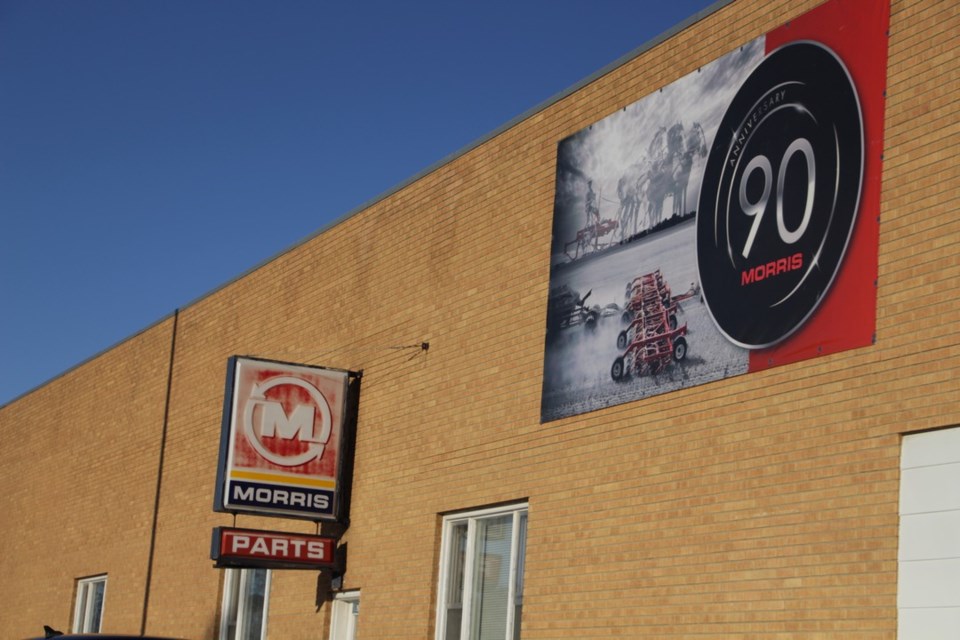The sale of Morris Industries has closed, but the Yorkton plant is not part of the deal. The result is that the Yorkton plant will close. The final approval of the sale was granted in Saskatoon Court of Queen’s Bench by Justice Sean Smith on Dec. 22 to Superior Farms Solutions LP, and its general partner, Rite Way Mfg. Co. Ltd. A total of 70 employees - 20 currently active and 50 laid off at this time - will lose their jobs due to the closing of the Yorkton facility.
The sale will include the manufacturing facility in Minnedosa, MB and the head office in Saskatoon, SK.
The sale has been in the works since May of 2020, with the initial, non-binding letter of intent being issued at that time. The sale was finalized on Dec. 31, with Morris’ main creditor, BMO, putting their approval behind the sale. Morris itself has been in creditor protection since Jan. 2020.
In a report from the bankruptcy monitor, Alvarez & Marsal, dated Dec. 11, it was stated that there was not a potential purchaser of the company intended to purchase, acquire or operate the Yorkton plant.
“Notwithstanding that unfortunate outcome, the Transaction should preserve approximately a significant number full-time jobs located across Saskatchewan (head office) and Manitoba (Minnedosa plant), as well as enable additional job growth in the coming years as the Morris product line returns to normal (pre- CCAA) operating levels,” stated the report.
The sale will also result in the closure of the Virden, MB retail dealership which was operated by Morris Group.
One of the provisions of the sale involved a Letter of Understanding between the Union at the Yorkton plant and the monitor of the sale to account for the current collective bargaining agreement and make amendments to allow the deal to go ahead. This included the adoption of a “COVID hardship fund” to make payments to employees in light of the pandemic. The Letter of Understanding was considered a “lynchpin” of the deal and the only way to allow the sale to go forward.
The final financial details of the sale were not disclosed in the available documents.



